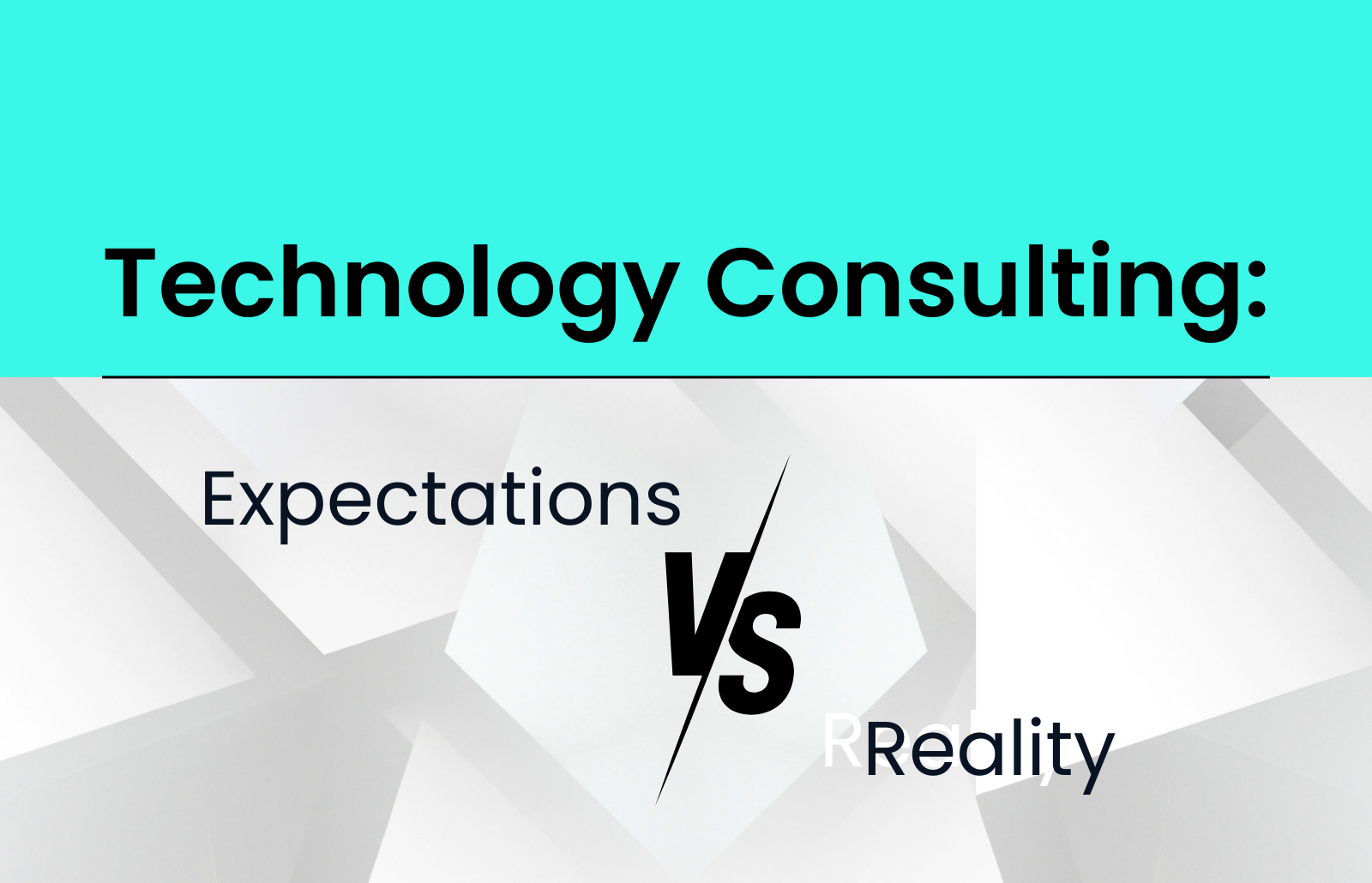The statistics are clear: technology consulting is rapidly gaining momentum.
According to the International Data Corporation, a leading global market intelligence provider, IT consulting faced challenges in 2020 due to the COVID-19 pandemic. However, unlike many other industries, IT consulting managed to sustain growth, driven by workforce transformation efforts and the global shift toward increased automation and cloud-based solutions.
Consider this: in 2017, the global technology consulting market was valued at $157.26 billion. By May 2021, the U.S. market alone had skyrocketed to $576.2 billion, with an average annual growth rate of 4.7% from 2016 to 2021.
With the rising popularity of technology consulting, you might be considering hiring consultants to guide your digital transformation, reduce development costs, or assist in planning and implementing your technology projects.
However, before partnering with a technology consulting firm, it’s crucial to understand what you’re getting into. Managing your expectations is key to ensuring a successful collaboration and maximizing the value of your investment.
With that in mind, let’s debunk some common myths about technology consulting services.
Debunking Myths About Technology Consulting
At Zartis, a technology consulting company, we spend a significant amount of time educating clients about what technology consulting is—and what it isn’t. Here are three common misconceptions we often encounter:
- You Can Offload All the Work to Consultants
- Consulting Is a One-Time Service
- You Will Know Everything from the Start
The Realities of Technology Consulting Services
Let’s explore the truth behind these myths:
1. Successful Technology Consulting Requires Collaboration
Whether you’re designing a new product, developing a project plan, or building a digital transformation strategy, you cannot expect to hand over all the work to your technology consultants and walk away.
Even the most experienced consultants need ongoing input about your project requirements and business processes. Building an agile process with short development cycles and continuous feedback loops is essential to ensure that your consultants fully understand your evolving needs and goals. This approach keeps everyone aligned throughout the partnership.
In many ways, technology consulting shares similarities with staff augmentation or extended development services. Both involve close, often long-term collaboration between your internal team and external experts. However, there are key differences. Staff augmentation is ideal for scaling resources to build specific products or address ongoing technology needs. In contrast, technology consulting is better suited for situations where you need expertise in specific domains, such as modernizing legacy systems, transitioning to microservices architecture, or migrating to cloud-based solutions.
2. Technology Consulting Can Be an Ongoing Service
While it’s possible that you only need technology consulting for a specific, short-term project, many businesses find that ongoing consulting offers significant benefits.
Technology development is often complex and time-consuming, especially if your business goals include objectives such as:
– Monitoring and optimizing specific metrics
– Ensuring continuous innovation and modernization
– Maintaining mission-critical applications like customer engagement software
These goals are vital for business success and have become even more critical during the pandemic. A well-executed digital innovation strategy can help you maintain a competitive edge in an uncertain economy.
To achieve these goals, you might consider a long-term partnership with a technology consulting firm. Having access to experienced consultants and developers on an ongoing basis can make a substantial impact on your business’s performance.
3. Flexible Consulting Arrangements Are Possible
Not entirely sure what your project needs are? That’s okay.
While it’s beneficial to start with a clear blueprint and detailed user stories, it’s important to recognize that in our agile world, things can and do change. As your project progresses, you may realize the need to adjust some—or all—of the pre-defined parameters.
The good news is that technology consulting is highly compatible with a flexible approach to development. Skilled consultants can adapt to evolving project requirements, time-to-market considerations, and business needs, making informed technical decisions without being confined to outdated plans.
This is exactly how we operate at Zartis. We offer our clients the flexibility to make changes along the way, and we’re more than willing to accommodate adjustments to the design, timeline, and resources as needed.
For even greater flexibility, you can choose from different pricing arrangements, such as:
– Fixed-Price Contracts: You pay a set fee for a specific deliverable, with additional services charged separately.
– Time-and-Materials Contracts: You receive ongoing consulting services based on your evolving needs, paying for the time and resources spent on your project rather than for a fixed deliverable.
Partnering with Zartis for Technology Consulting
At Zartis, we specialize in customized technology consulting, focusing on long-term partnerships and an extended team model.
Whether you need expert guidance on innovation outsourcing, digital transformation, or legacy software modernization, we’re here to help. Our consultants have extensive experience across various industries, including:
– EdTech
– Energy Technology
– Banking
– FinTech
– MedTech
– Telecommunications
– Automotive
– E-commerce
– Travel & Airlines
… and more.
Our flexible services can be scaled up or down, giving you access to the combined expertise of over 200 world-class engineers worldwide.
To learn more about our technology consulting services and how we can help elevate your business, reach out to us today!


